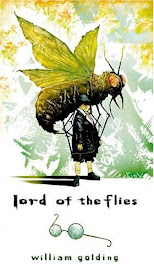1. "Thou shalt have no other girls before me."
- We can make an exception for your mom.
2. "Thou shalt not make yourself an idol."
- Because I should be the one you adore.
3. "Thou shalt not make wrongful use of the name of your girlfriend."
- I am not a cool and pretty thing you use to show off to your friends.
4. "Remember our anniversary, and keep it holy."
- It's much more important than your birthday.
5. "Honor my father and mother."
- They brought me to this world, so who else should you appreciate more?
6. "Thou shalt not murder."
- If someday I break up with you, you are not allowed to kill me or have these kind of thoughts.
7. "Thou shalt not commit adultery."
8. "Thou shalt not steal (again)."
- You stole my heart in my unawareness, so I want you to love me back in return.
9. "Thou shalt not bear false witness against our relationship."
- Be honest to me, to yourself, and to our relationship.
10. "Thou shalt not covet anything that belongs to your friends."
- Especially their girlfriends.














